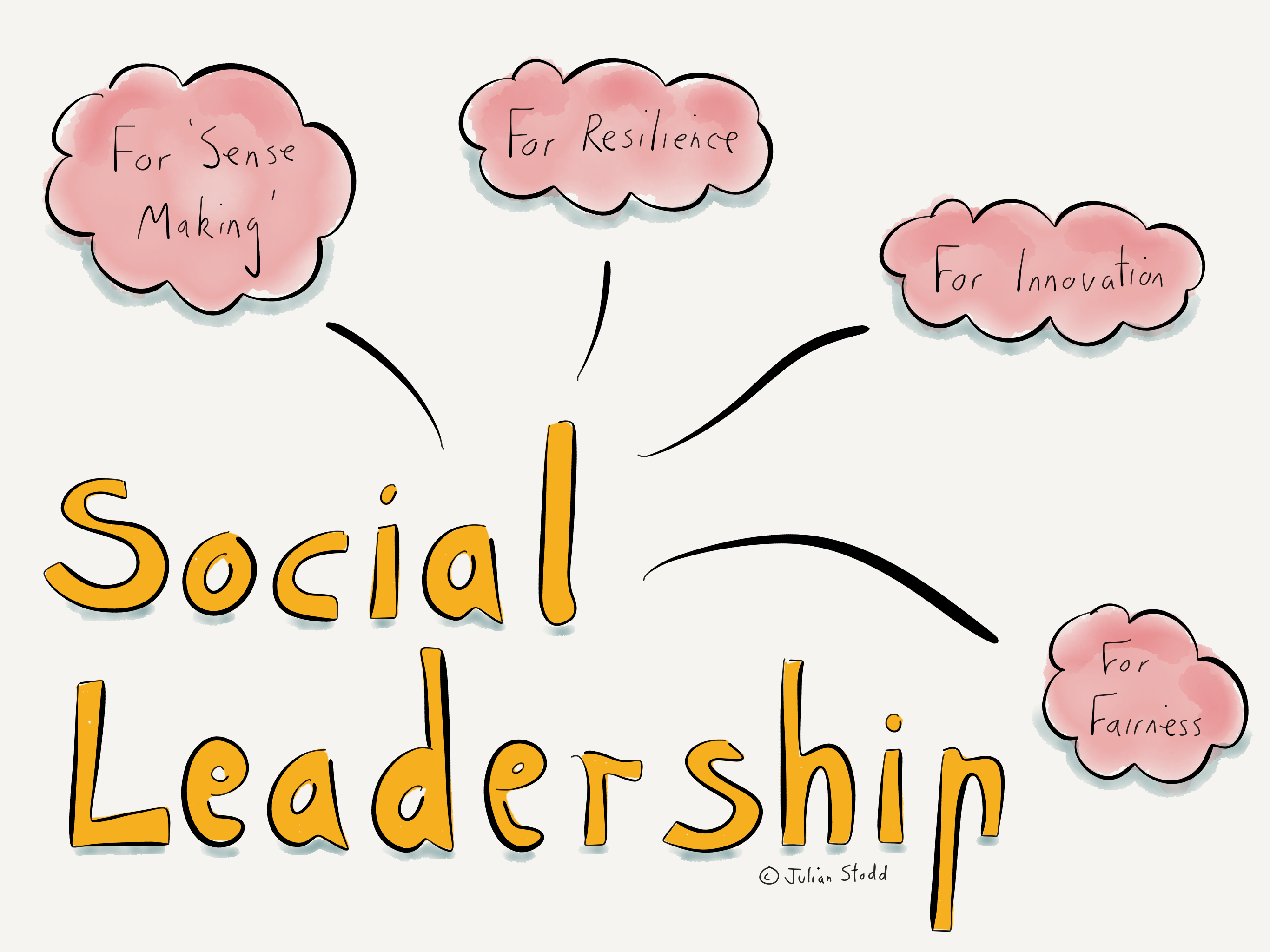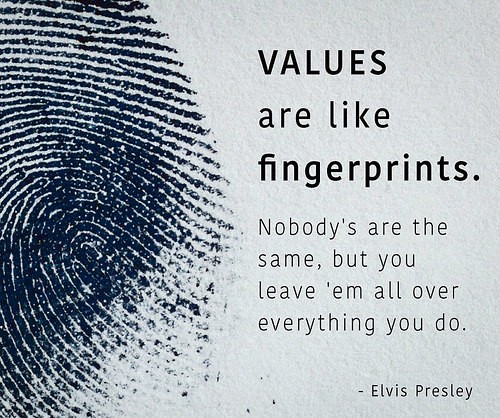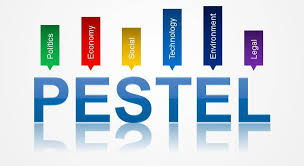Procrastination
A little less conversation, a little more action…
Blob Trees and Tools
This is a link to blob trees, but there are a number of other blob tools here too…
Plutchik Emotion Wheel
I thought these sites combined provide a pretty decent introduction/explanation of Plutchik’s ‘Wheel of Emotion’.
https://www.6seconds.org/2017/04/27/plutchiks-model-of-emotions/
Social Leadership
This is the work of Julian Stodd, Captain at Sea Salt Learning, a global consultancy that helps organisations get fit for the Social Age, recognising that the formal world of work is fractured, and that society is experiencing widespread disruption and uncertainty.
https://julianstodd.wordpress.com/2017/05/31/the-invisible-organisation-why-social-leadership/
Formal hierarchy is only some of the story…

Start with ‘Why’
I really like this approach to introducing new concepts and ideas; engaging people first with ‘why’ this is a good idea rather than ‘what’ the idea is or ‘how’ it’s executed.
“I have a dream” not “I have a plan”
Core Values
Interesting stuff from a guy called Scott Jeffrey who has helpfully compiled a list of values to save everyone else the effort. Organisational values are a huge thing and help establish a certain understanding of business motives and ethics for employees and customers; perhaps they also do that for anyone who is being coached, and their coach.
Why Millennials Keep Dumping You: An Open Letter to Management
Why Millennials Keep Dumping You: An Open Letter to Management
https://www.linkedin.com/pulse/why-millennials-keep-dumping-you-open-letter-lisa-earle-mcleod
SWOT Analysis
SWOT analysis (or SWOT matrix) is a strategic planning technique used to help a person or organisation identify strengths, weaknesses, opportunities, and threats. This definition is from WIKI and is useful because it recognises the potential to apply the technique for someone you’re coaching.
These are pretty standard ways of describing what’s intended by the different components of the study:
- Strengths: characteristics of the business or project that give it an advantage over others.
- Weaknesses: characteristics of the business that place the business or project at a disadvantage relative to others.
- Opportunities: elements in the environment that the business or project could exploit to its advantage.
- Threats: elements in the environment that could cause trouble for the business or project.

PESTEL Analysis
Note this is also referred to as PESTLE analysis – they’re the same thing.
I wasn’t aware of this model but assume it’s come about because of the general confusion with PEST as to whether ‘E’ is Economic or Environmental, or both. Similarly it makes a load of sense to break out ‘Legal’ into it’s own category given the increasing regulatory nature of many business environments.
Another discrepancy is whether Technology is Technical, or a mix of both. I personally don’t think it matters as long as ‘Technology’ isn’t narrowly adopted to include only the stuff that’s slowly making us all redundant, anti-social and less healthy! Arguably you could include technical skills, e.g, availability of people who can hand sew if you’re looking for that as a niche product finish.
I’ve included 2 examples below that seem to cover a fair number of elements between them; hope they’re useful.






